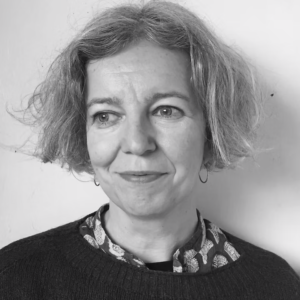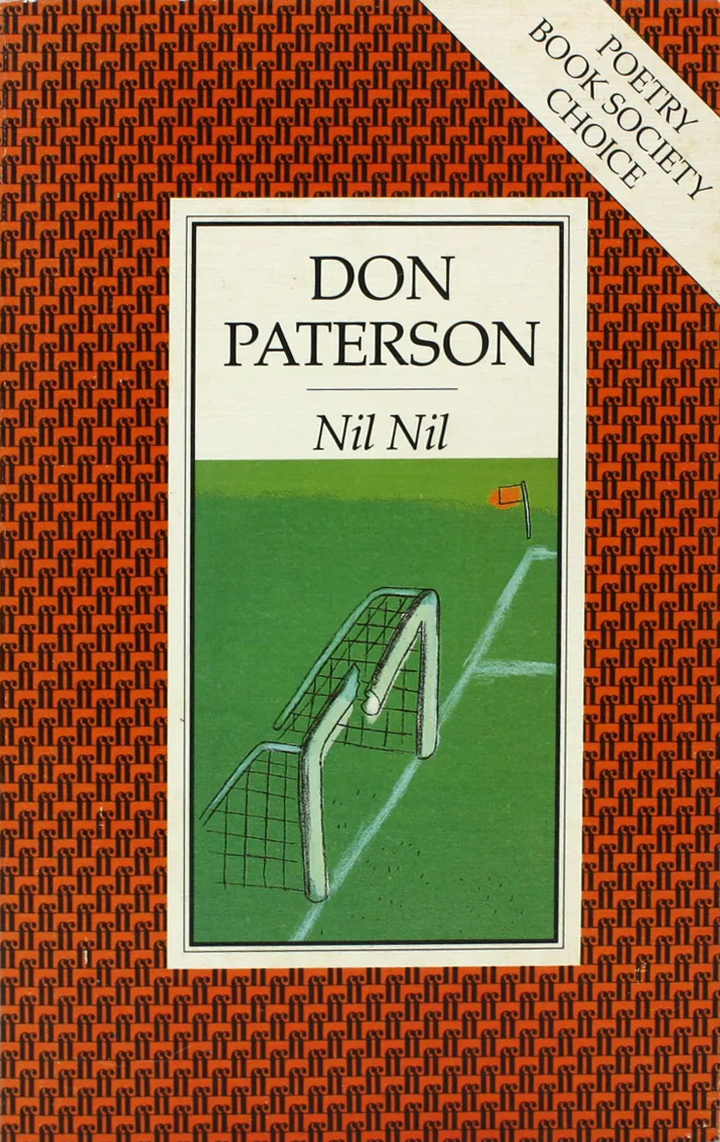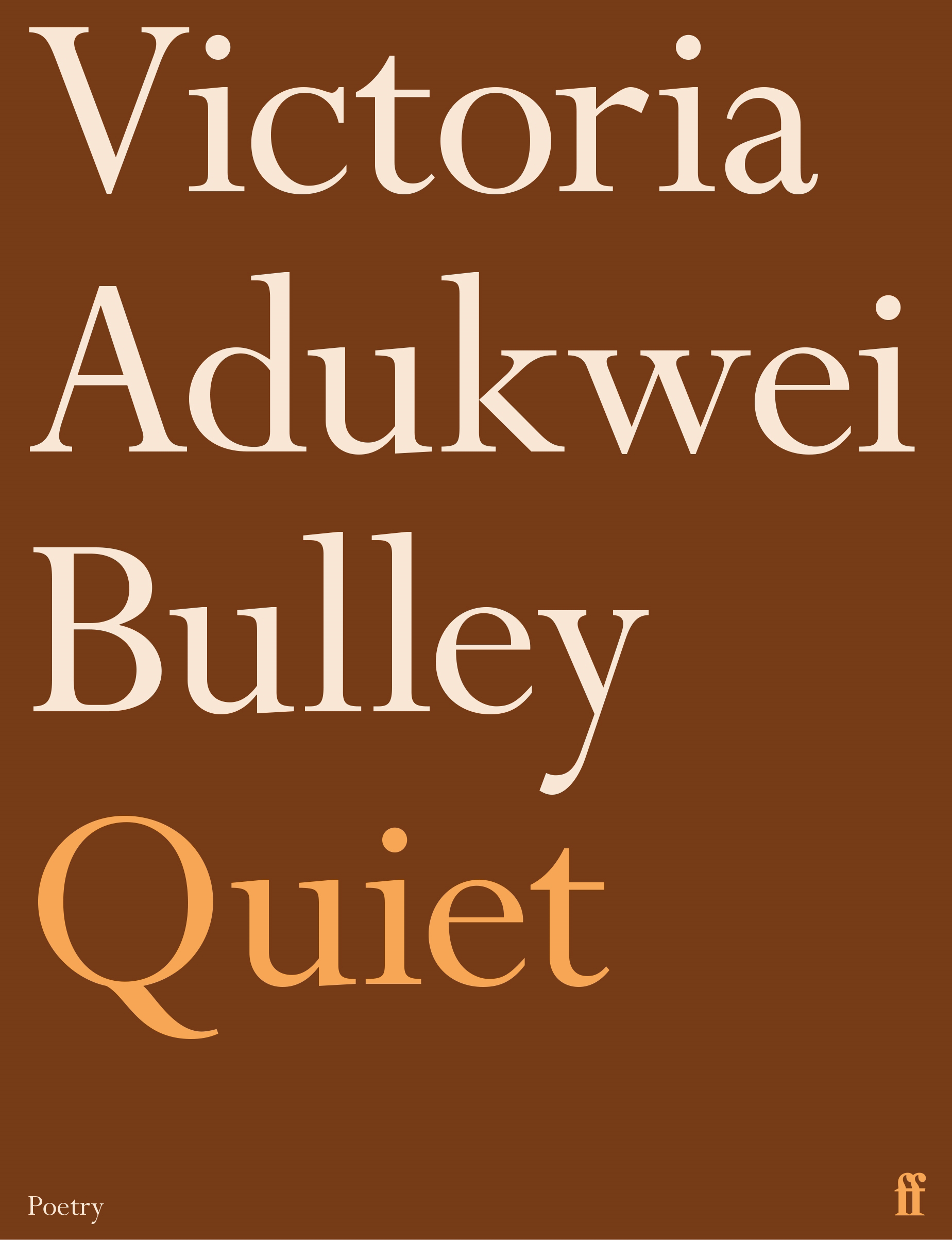A centenary edition of the manuscript of The Waste Land shows how long poetry has been the beating heart of Faber & Faber, writes Jane Feaver, Editorial Manager

To mark the centenary of the publication of The Waste Land, Faber will be publishing, among other things, a full-colour edition of the manuscript – a reminder that, for almost as long, poetry has been the beating heart of this publishing house. The poetry list continues to feed and flourish on that legacy, while pushing out new shoots, discovering unbroken ground and unheard voices.
A recent reading by five Faber poets shows the model in action: Paul Muldoon, who was first published by the company fifty years ago, launched his new collection, Howdie-Skelp, alongside Maurice Riordan and his latest, Shoulder Tap (Maurice, who has a thirty-year history with the firm); joining them were representatives of a younger generation: Jack Underwood with his second collection, A Year in the New Life, which we’re delighted to find nominated for this year’s T. S. Eliot prize, and Emily Berry, whose forthcoming third collection, Unexhausted Time (a PBS Choice), we are publishing in the spring.
In the same line-up, an entirely new voice to the list – Victoria Adukwei Bulley – read from her remarkable debut, Quiet, out next summer, poems that explore questions of interiority and selfhood, and the telling distance between white and black noise.
The list is international in its reach. We are proud in the last few years to have brought into the fold Ilya Kaminsky, Ishion Hutchinson, Rowan Ricardo Phillips, and the 2021 Pulitzer Prize winner Natalie Diaz, whose remarkable debut collection, When My Brother Was An Aztec, appears under the Faber imprint next year.
Writers in translation are revitalized, whether from as far back as Gillian Clarke’s lucid rendering of The Gododdin and Simon Armitage’s electric version of The Owl and the Nightingale, or in Michael Hofmann’s wonderfully sympathetic translation of the twentieth-century German poet, Gottfried Benn. In this vein, we are delighted to be publishing the collected translations of Seamus Heaney (the first of four Heaney titles projected over the next few years), poems extraordinary in their range and intellectual curiosity, and an example to us all.
To discover more about the Faber & Faber poetry list, visit the website. This article was published on 16 December 2021.

